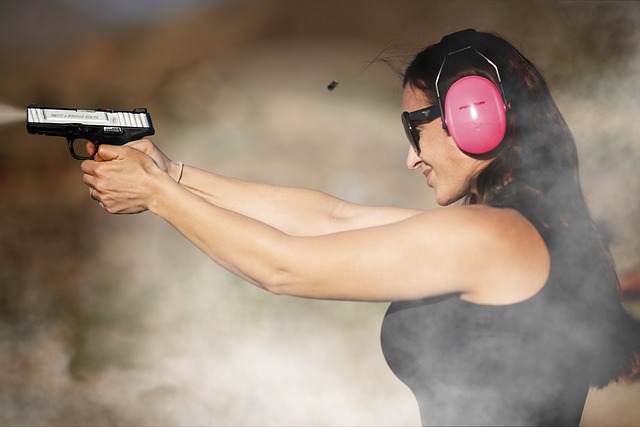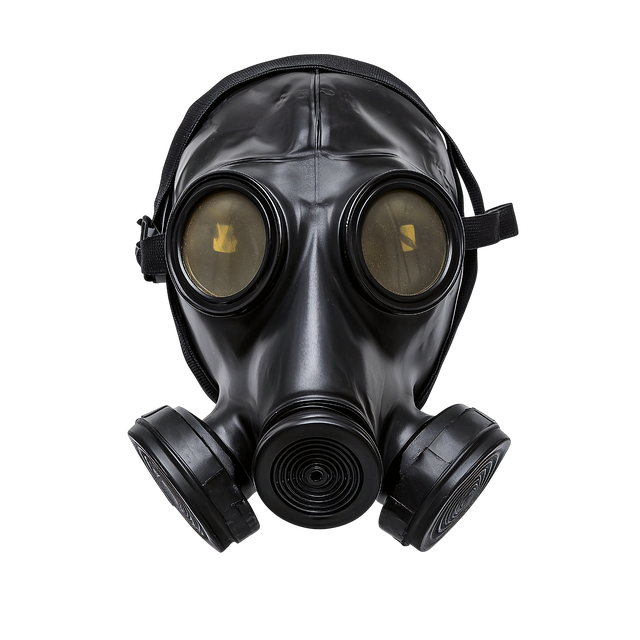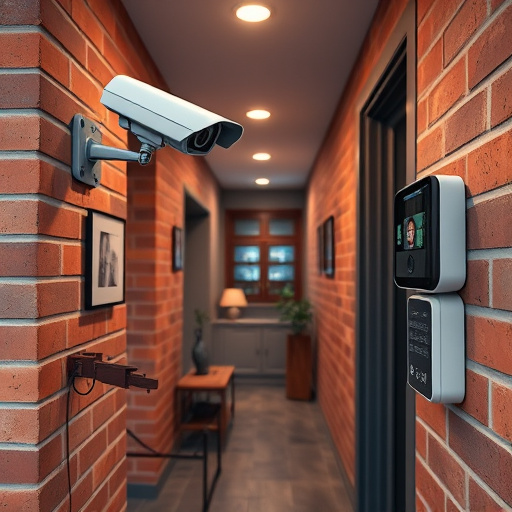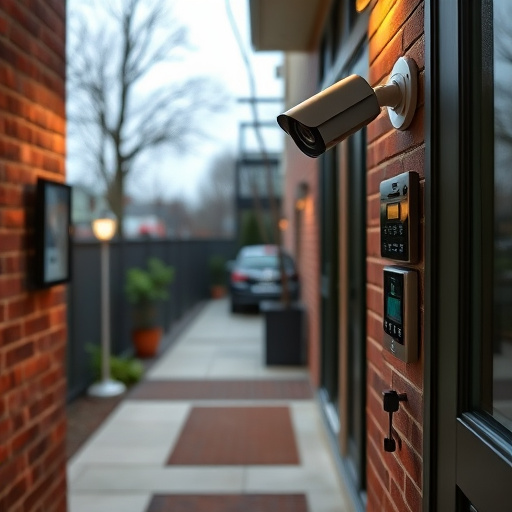Choosing the right self-defense tools requires understanding your unique personal safety needs, assessing environmental risks, and considering legal implications. The best gear combines effectiveness (reliability, ease of use) with portability and personal comfort, tailored to daily routines and circumstances (e.g., walks at night or home defense), while staying compliant with local regulations. Select from options like pepper spray, stun guns, alarm systems, concealed carry weapons, focusing on products that offer peace of mind and safety.
“Ensuring your safety and security should never be taken lightly. In an uncertain world, equipping yourself with the right self-defense tools can offer peace of mind for everyday life. This comprehensive guide aims to empower individuals by discussing critical aspects of choosing self-defense products. From understanding personal safety requirements to exploring effective self-defense equipment like pepper spray, stun guns, and personal alarms, we’ll help you navigate the market for the best self-defense gear tailored to your unique situation.”
- Understanding Your Needs: Assessing Personal Safety Requirements
- Exploring Common Self-Defense Tools and Their Effectiveness
- Criteria for Selecting the Best Self-Defense Gear for Your Situation
Understanding Your Needs: Assessing Personal Safety Requirements

When considering self-defense tools for everyday security, understanding your specific needs is paramount. It’s essential to assess your personal safety requirements based on factors like your daily routine, environment, and potential threats. This may involve evaluating high-risk areas you frequently traverse, identifying potential risks or dangers, and recognizing any unique challenges that could arise. For instance, if you commute through poorly lit or remote paths, a compact pepper spray or a personal alarm could be valuable additions to your self-defense arsenal.
Furthermore, reflecting on your comfort level with different self-defense products is crucial. Some individuals might prefer non-lethal options like stun guns or tasers, while others may opt for traditional tools such as concealed knives or batons. Considering the legal implications and personal preferences surrounding these choices is critical to making informed decisions about the best self-defense gear for your needs. Ultimately, selecting defense tools should be a well-thought-out process that equips you with effective self-protection products tailored to your specific circumstances.
Exploring Common Self-Defense Tools and Their Effectiveness

When exploring common self-defense tools and their effectiveness, it’s essential to consider various options available in the market today. Self-defense products range from pepper spray and stun guns to personal alarms and concealed carry weapons, each offering different levels of protection. Choosing the right self-defense tool involves understanding your specific needs, environmental factors, and legal considerations.
The effectiveness of any self-defense gear depends on several key elements. First, it’s crucial to select products that are reliable and easy to use, especially in high-stress situations. Second, training and familiarization with the chosen tool can significantly enhance its utility. Lastly, staying informed about local laws and regulations ensures compliance and provides peace of mind. By carefully evaluating these factors, individuals can make informed decisions when selecting defense tools for their everyday security.
Criteria for Selecting the Best Self-Defense Gear for Your Situation

When choosing self-defense tools for everyday security, it’s crucial to consider your specific needs and situation. The best self-defense gear should offer a balance between effectiveness and ease of use. Start by assessing the potential threats in your environment – whether it’s personal protection products for walks alone at night or effective self-defense equipment for home defense against intruders. This will help narrow down your selection to tools that align with your requirements, such as pepper spray, stun guns, or alarm systems.
Additionally, think about factors like portability and convenience. If you’re often on the go, lightweight and compact self-defense products might be more suitable. Alternatively, for home use, you may prefer more robust defense tools that offer a stronger deterrent. Remember, selecting the right defense tools involves striking a chord between personal comfort and the need to incapacitate or deter potential attackers, ensuring your peace of mind and safety.






